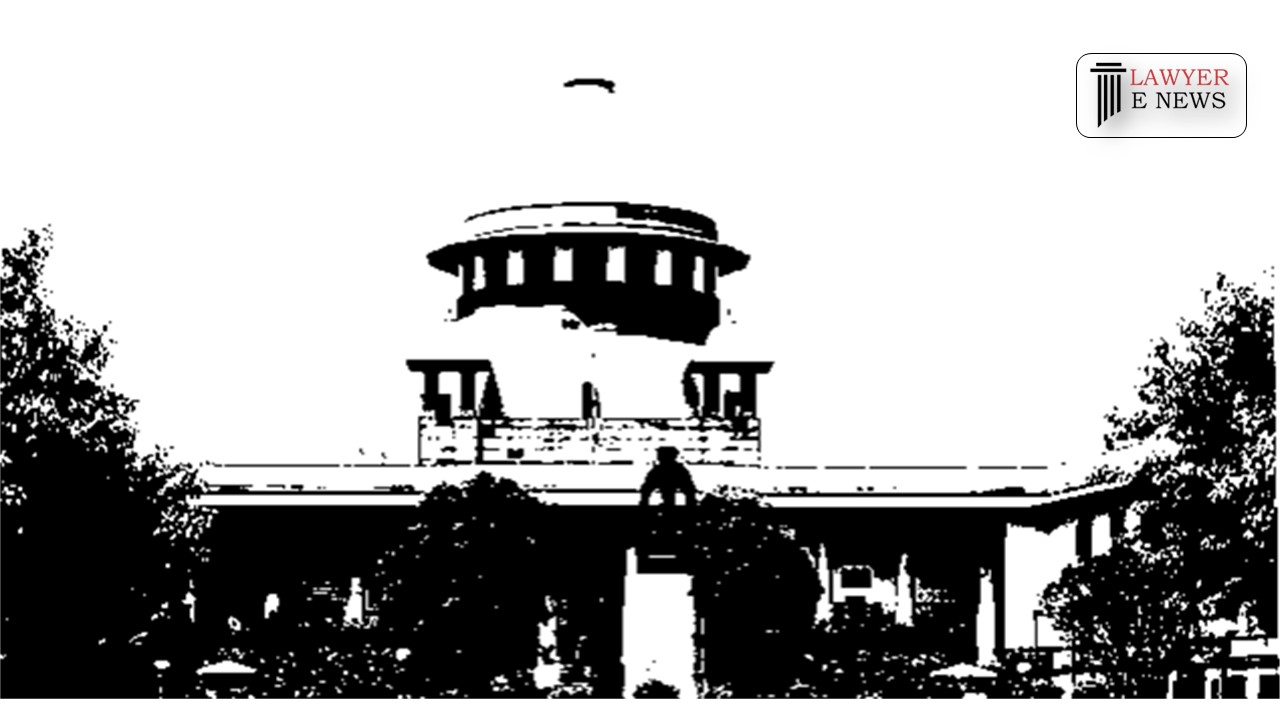-
by sayum
14 February 2026 2:22 PM



In a significant ruling, the Supreme Court of India has clarified the nature of development fees collected by the Airports Authority of India (AAI) under Section 22A of the Airports Authority of India Act, 1994. The bench comprising Justices S. Ravindra Bhat and Dipankar Datta held that the development fees are statutory exactions and not fees or tariffs, settling a long-standing debate on their categorization.
The court observed that there is a clear distinction between the charges, fees, and rent collected under Section 22 of the AAI Act and the development fees levied and collected under Section 22A. The fees collected under Section 22 are considered for services and facilities provided by the Airports Authority to airlines, passengers, visitors, and traders. On the other hand, the development fees collected under Section 22A are in the nature of a cess or tax for generating revenue for specific purposes mentioned in the Act.
The judgment, referring to the landmark case of Consumer Online Foundation (Supra), emphasized that the development fees levied and collected under Section 22A are not charges or consideration for services provided by the Airports Authority. The court highlighted that there is no contractual relationship between passengers and the AAI regarding the upgradation, expansion, or development of the airport, which is funded or financed by development fees.
The court further noted that the development fees collected are deposited in an escrow account and their utilization is regulated by law. Although the funds are not deposited in the government treasury, their utilization is closely monitored by the AAI. The court held that the absence of compulsion to levy or deposit fees in the government treasury does not diminish their statutory nature. The development fees collected are intended for the public interest and aimed at ensuring efficient funding and completion of airport development projects.
The court also considered the circular issued by the Central Board of Excise and Customs (CBEC) in 2006, which clarified that fees collected by public authorities for performing statutory functions under the provisions of a law are not subject to service tax. It further noted the ruling in Krishi Upaj Mandi Samiti (Supra), where the court held that discretionary fees collected by market committees for leasing or renting shops or spaces to traders are not statutory levies.
Supreme Court concluded that the development fees collected by the AAI under Section 22A of the AAI Act are statutory levies. The court upheld the impugned orders, ruling in favor of the revenue authorities. The decision provides clarity on the nature and treatment of development fees collected by the AAI and sets a precedent for future cases in this context.
Date of Decision: May 19, 2023
CENTRAL GST DELHI - III vs DELHI INTERNATIONAL AIRPORT LTD
